Women's History Month: Women Power in Mount Pleasant
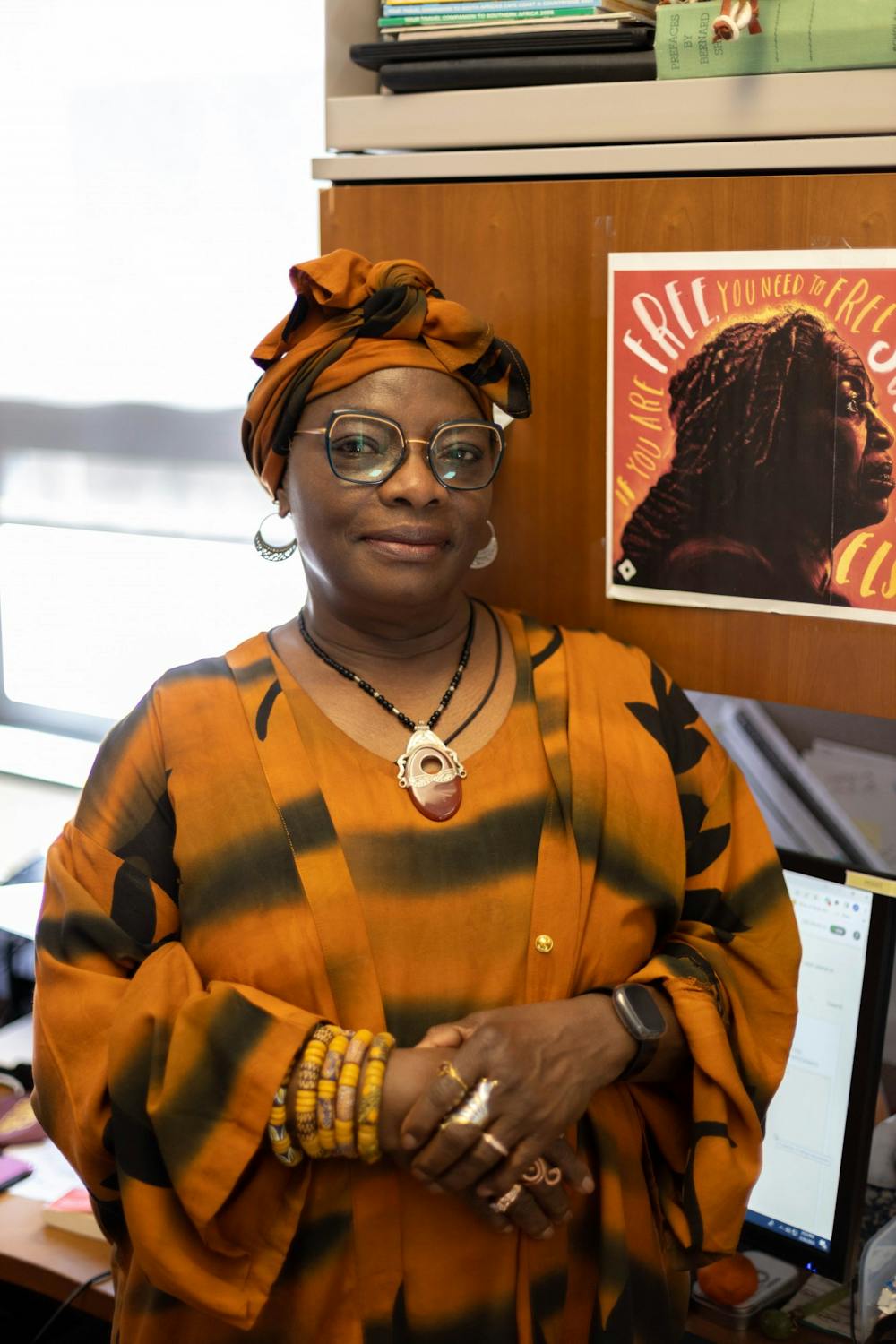
As March brings us to the discussion of women's rights and celebration of what women contributed to the world, six women from Mount Pleasant – your neighbors and friends – talk about facing and fighting stereotypes and building their way through life.
They shared their personal stories and advice. All united in one theme: the power of a woman.
Women in our community and their stories
Maureen Eke is an English faculty member and a chair at the Isabella County Human Rights Committee. Eke said she always loved doing research, reading literature and advocating for human rights.
“I am stubborn,” Eke said. “I come from women who defined as warrior women."
Eke said the spirit of her ancestors, who were Aba women, gives her power. Aba women were women warriors fighting colonial England in Nigeria.
“I know who I am,” Eke said. “I know what I can contribute. I know that I do my work … If you don’t want me, that is your problem. You are the one losing, not me.”
Another thing that she said made her stubborn was the three years of the Nigerian Civil War in the 1970s. According to BBC, the Nigerian government started a massacre of the Biafra ethnic group.
“They shot civilian locations,” Eke said. “They shot our hospitals, they shot our schools, shot our churches. … They are not military targets. They did that to us.”
Eke said she is a survivor and she has a lot to bring to this world.
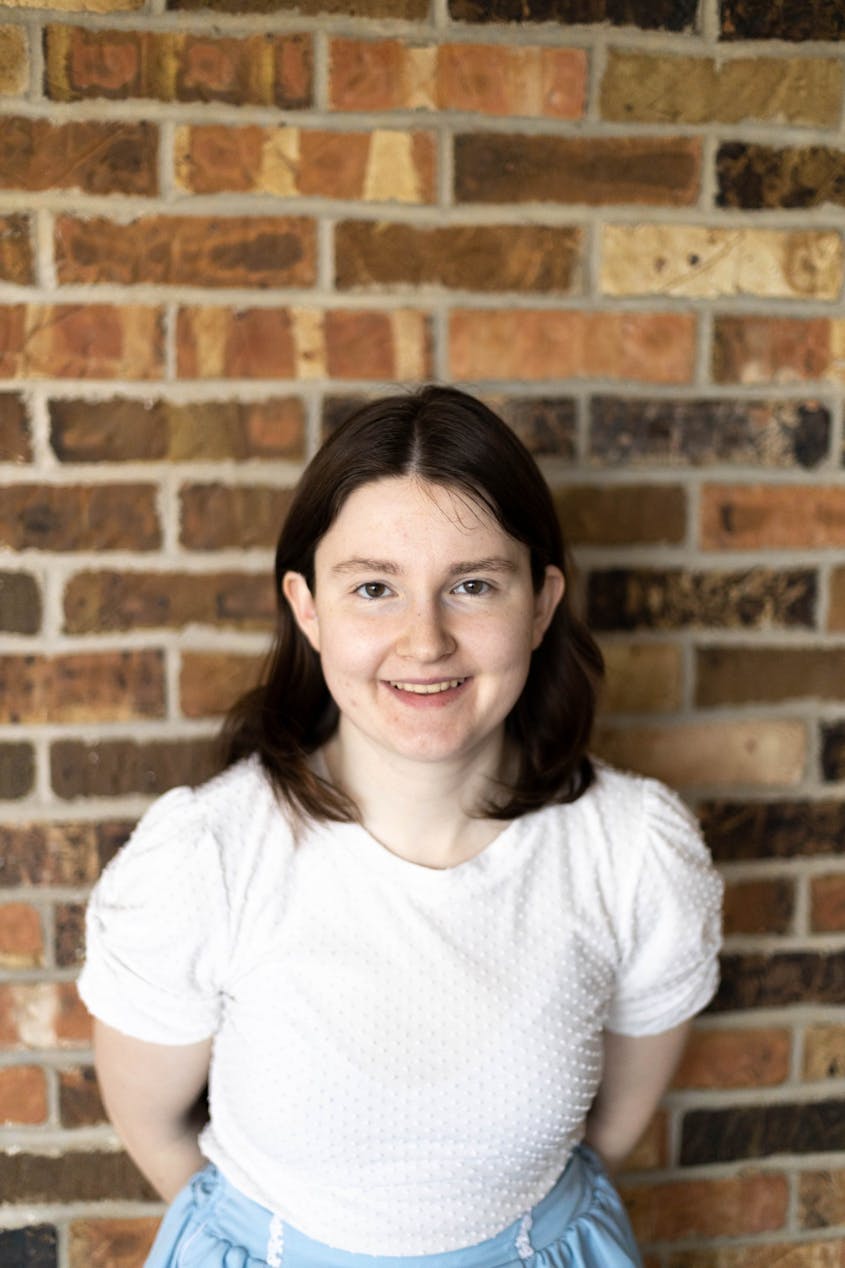
Alexandria Alma is a Junior majoring in biology. She is also president of the Autism Spectrum Club on campus. Alma talked about her role in getting the club to where it is today and said she took it from a small, disorganized meeting to a club with an executive board and a designated meeting space.
Alma said she worked hard to make it what it is today, and she loves it.
Rachael Agardy is a faculty member at the department of Earth and Atmospheric Sciences.
Agardy grew up in Maryland and got her bachelor's degree from the University of North Carolina. She earned her master's degree from Texas A&M University. Agardy said she always had a passion for geology. She said it is a welcoming and developing field.
She also owns a business together with her husband. It is a coffeeshop in the downtown Mount Pleasant, Pleasant City Coffee. Agardy said she and her husband always loved coffee, and with their place they wanted to bring a European coffee shop to a small American town.
When the business has just opened in 2013, Agardy was helping out at the coffee place as well. Now Agardy said she is more focused on her work at CMU, and her husband can be mostly found at the coffee shop. However, she works "behind the scenes" when doing menu planning and finding products.
With her husband, they have five children.
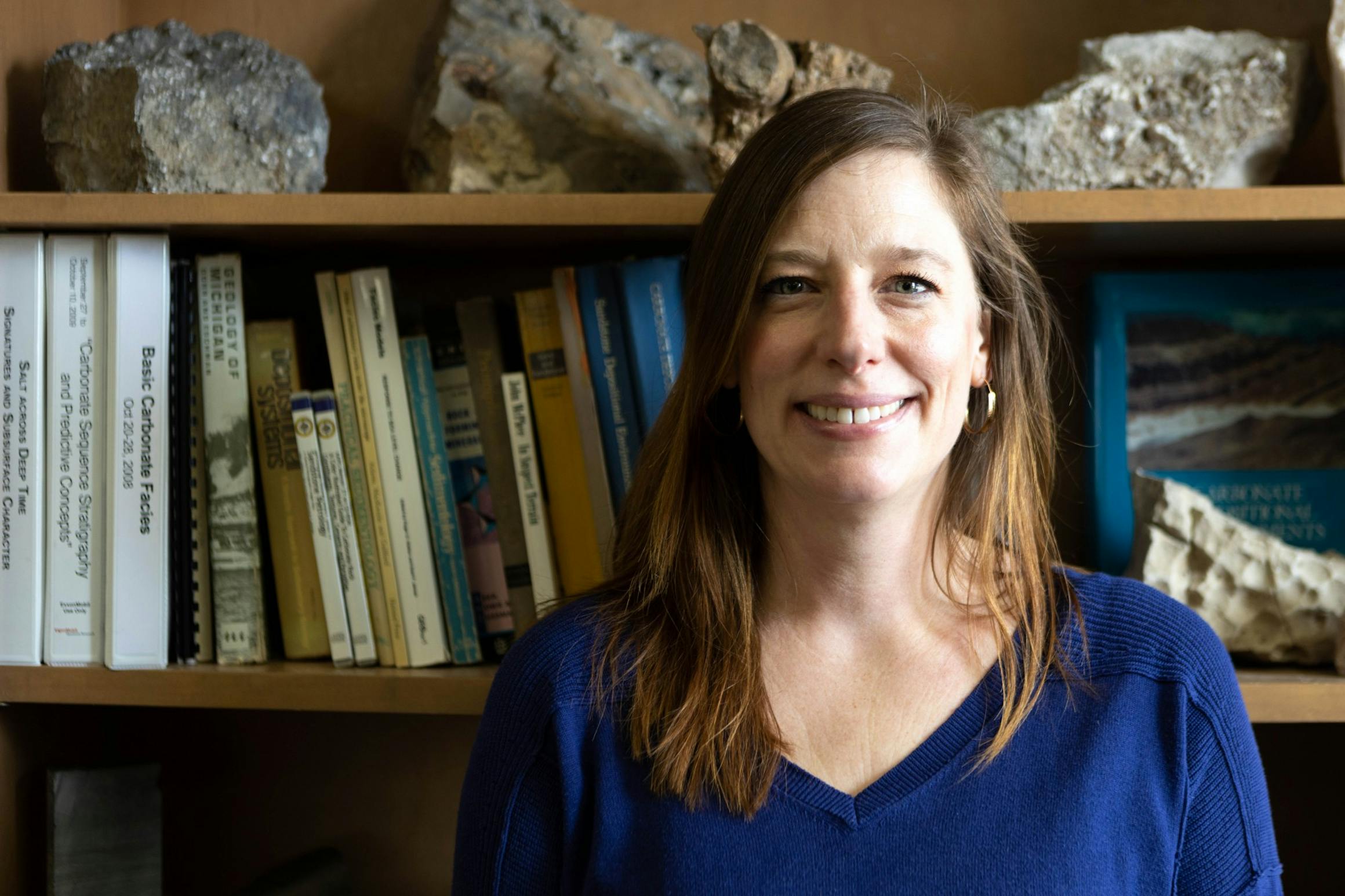
Megan Bair and Lisa Sue discussed how they grew from showcasing local art in a restaurant to owning their own creative space downtown Mount Pleasant, For Arts Sake.
“We got together and it worked. It just worked,” Sue said. “I love [Bair’s] visions of everything. She wants to do something, I’m like, ‘yeah, let’s just do it.’”
Olivia Pozsgay is a senior studying Communication Sciences and Disorders. She is President of the Special Olympics College at CMU. Pozsgay said as soon as she joined CMU as a freshman, she “hit the ground running." She said she tried to talk to as many people as possible, attended several different RSO meetings and made friends doing so.
"I just want to be apart of something I can stand behind," she said.
Women's History Month and Women's Rights:
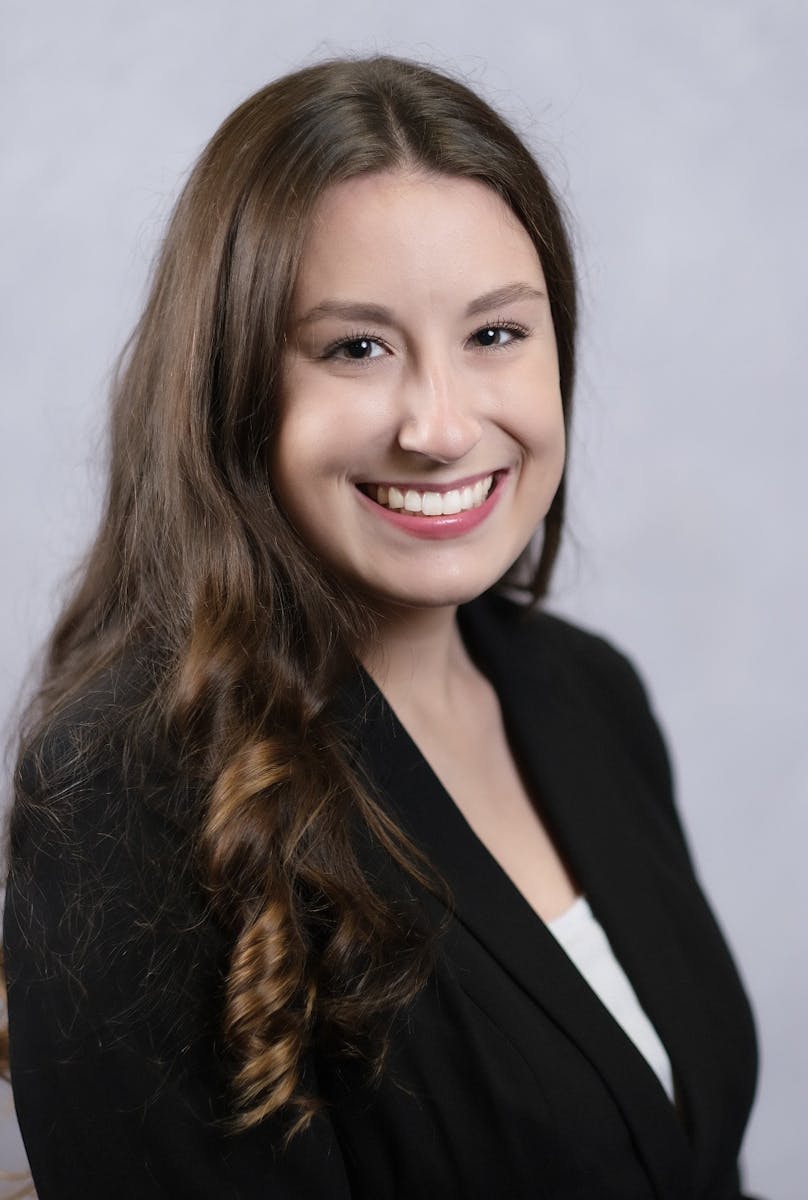
Headshot of Olivia Pozsgay. Courtesy of Dan Gaken, Director of Leadership Institute.
Pozsgay and Alma said Women’s History Month was an educational opportunity for them. Alma said it allowed her to hear about a lot of women she hadn’t known about before. She said these women faced so many trials but still made such big changes, and she hoped she could do that too.
Eke said she is hoping women's rights are respected in our society and that we talk about them not only during Women's History Month.
“We all have universal human rights,” Eke said. “Women are human. Those rights apply to men. They also apply to women. Women’s rights are also human rights.”
Eke said one of the things that “threw away” women’s rights recently was the overturn of the Roe v. Wade.
“Somebody now says, ‘I have the right to determine what you do with your body,’” Eke said. “That is insanity.”
Eke said the ban on abortions in the United States will set an "undemocratic example" for the whole world.
“People went back so many decades, centuries,” Eke said. “It’s a group of insane men … who are obsessed with women’s bodies or obsessed with power…. This affects not just women, (but) transgender identified people (and) men.”
Stereotypes women face
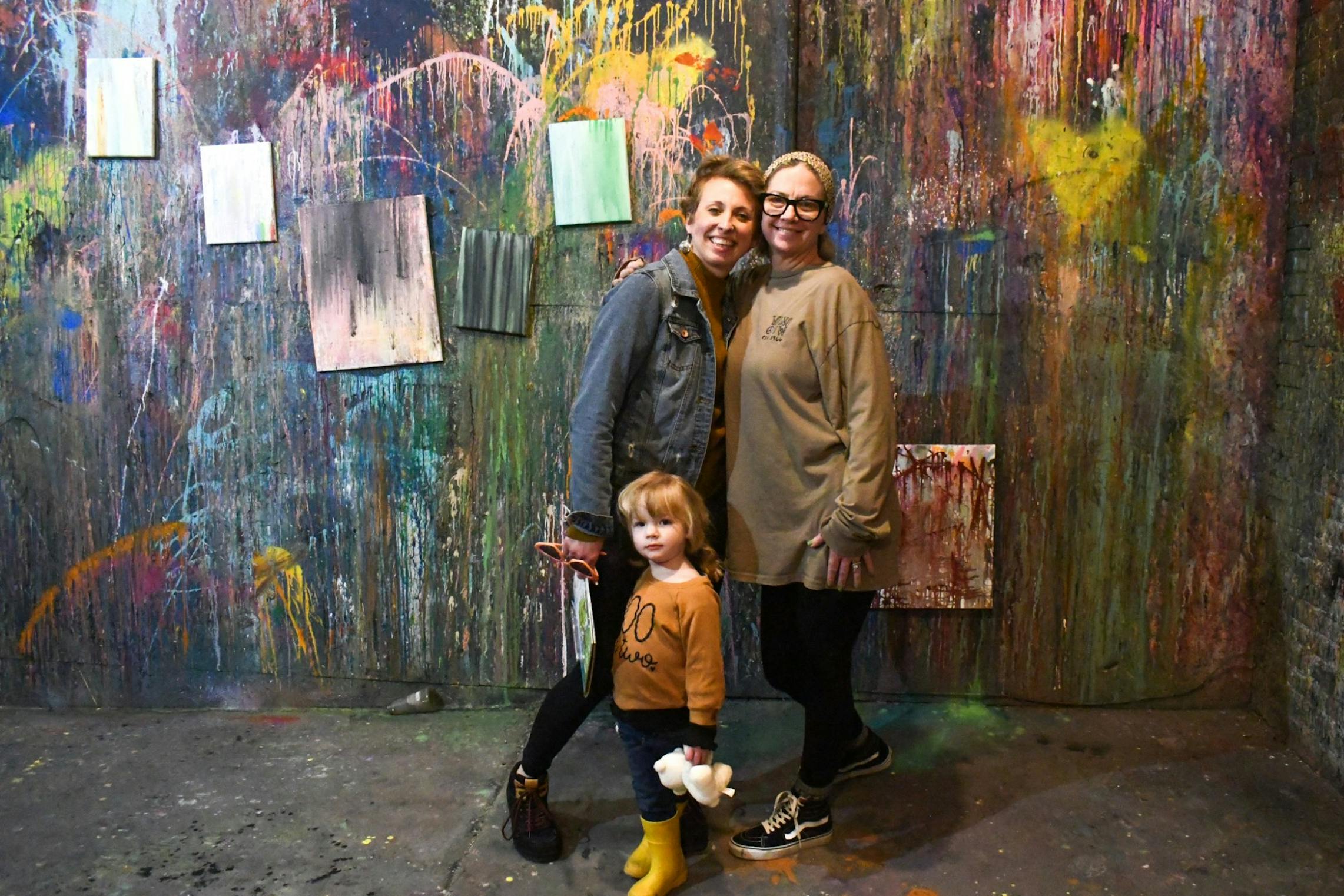
“Women in power, you’re automatically seen as rude or stuck-up,” Pozsgay said. “We constantly have to be a hundred times better than anyone else just to be seen on the same level. And it’s completely unfair.”
Pozsgay also talked about how she feels on the flip side, if a woman is excited or “bubbly”, they’re equated to not being smart or not knowing what they’re doing.
Bair echoed Pozsgay's thoughts. She said that for her, it can be hard approaching other businesses, because they could see her as a “bubblehead” if she’s excited and not take her seriously.
Agardy recalled a situation when she had to set boundaries and enforce syllabus rules in class because students thought that a women professor would be “soft.” At her classes she is no less soft than a man she said.
Besides, throughout her career Agardy worked as a geologist for different companies and did research.
“There has definitely been times where … (people) weren’t expecting a female geologist,” Agardy said because sometimes they looked surprised. "A lot of the portrayals in movies like South Park is somebody's dad is a geologist. They're not female geologist."
Intersection of identities
“I would like to see change … in leadership positions,” Eke said. “I don’t see enough of women of color in leadership positions.”
Eke said Black women survived slavery and genocides and come from a whole line of survivors. Women of color still experience racism, she said.
“If you see oppression, discrimination, you need to challenge it,” Eke said. “You need to speak up … You cannot be quiet in the face of atrocity.”
Eke said she refuses to be distracted or annoyed by racism. She said knowing who you are and speaking up for change is important.
“If you're violating my rights, you're also violating your own integrity or your own dignity," Eke said. "... you want to dehumanize me, well, directly or indirectly you are dehumanizing yourself, whether you realize it or not.”
How society can fight stereotypes against women
Alma and Pozsgay said one way to fight stereotypes is talking about them. Alma said people need to continue talking about what women are capable of.
“I want a world where a girl pictures a doctor and she pictures a woman,” Alma said.
Bair and Sue said women need to continue to grow and push boundaries placed by society. They also said it’s important for women to uplift and encourage other women when pursuing their dreams.
Eke said, on the Human Rights Committee, she recently investigated a case about a woman whose rights were violated by her landlord.
The case was taken to court. Eke said she was the only person who supported the woman along the way, but unfortunately, the landlord won the case.
“A lot of times (cases) involve women … who are very vulnerable … women who have fixed income,” Eke said. “Then people prey on them and assume that they don’t know their rights.”
Women in the workplace
Agardy said managing a small business came with a lot of challenges like making business decisions, investing and receiving grants.
Her husband is her partner in business decision making she said.
“It means that one of us is almost always working and the other one of us is with kids,” Agardy said. “It impacts your relationships … you’re finding that balance between your relationship and working life.”
While balancing life and work, Agardy said her kids come to work sometimes. She said they would wash the dishes, shovel the sidewalk or mow the lawn.
“It does become family bonding,” Agardy said.
In the CMU's geology department, most employees are women and relatively young, Agardy said. Women in science, both as students and faculty, has been a “huge demographic shift of the younger generations,” she said.
“I get so much inspiration from the next generation,” Agardy said. “I see a new population that is interested in science … It also means (there is a) variety of perspectives (coming) to the workplace.”
Regarding changes she would like to see within the United States, Agardy said workplaces should have more vacation time and better maternity leave.
According to the Center for American Progress, a person in the United States could take up to 12 weeks of maternity leave. However, almost half of all employees are not eligible for family leaves, the article said.
Advice to other women
Agardy said women should go after what they want.
“I feel that I’m more rewarded in having my own business,” Agardy said.
Eke advised young women to pursue what they like and accept opportunities that come along the way.
“You can do anything," Sue said. "The people you look up to, the person you think is amazing? They’re just (like) you. They just didn’t give up."
Bair also said it is important to find the right people who will support you, trust you and give honest feedback.
Alma said that even if something seems like too big of a dream, to just go for it.
“When opportunities come up, take them," Alma said. "Don’t be afraid to go big."






